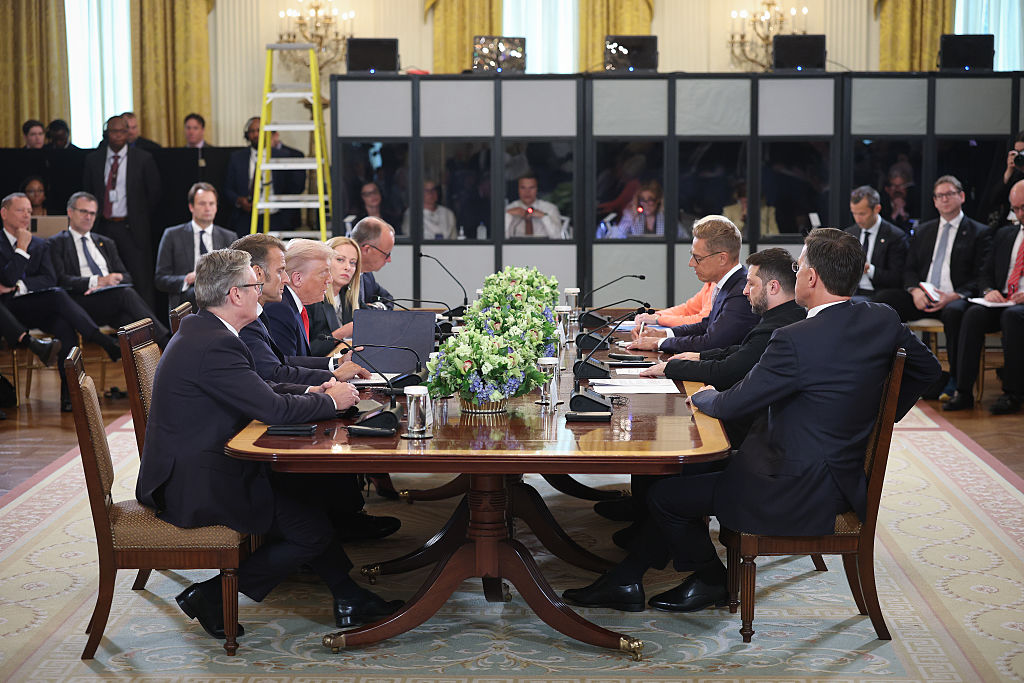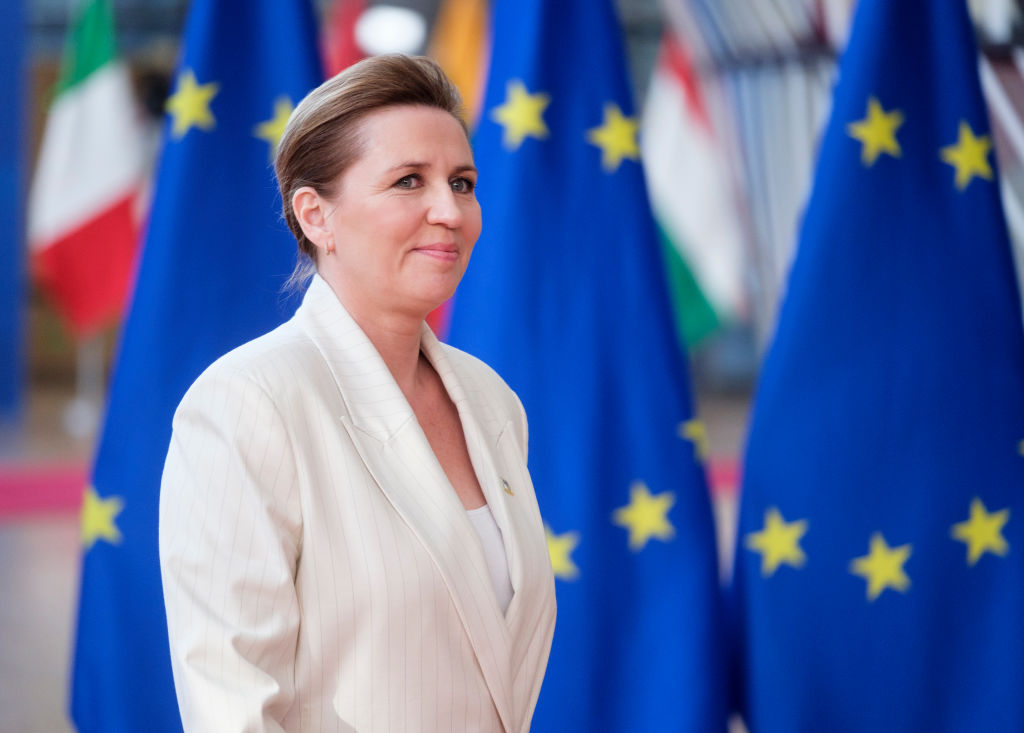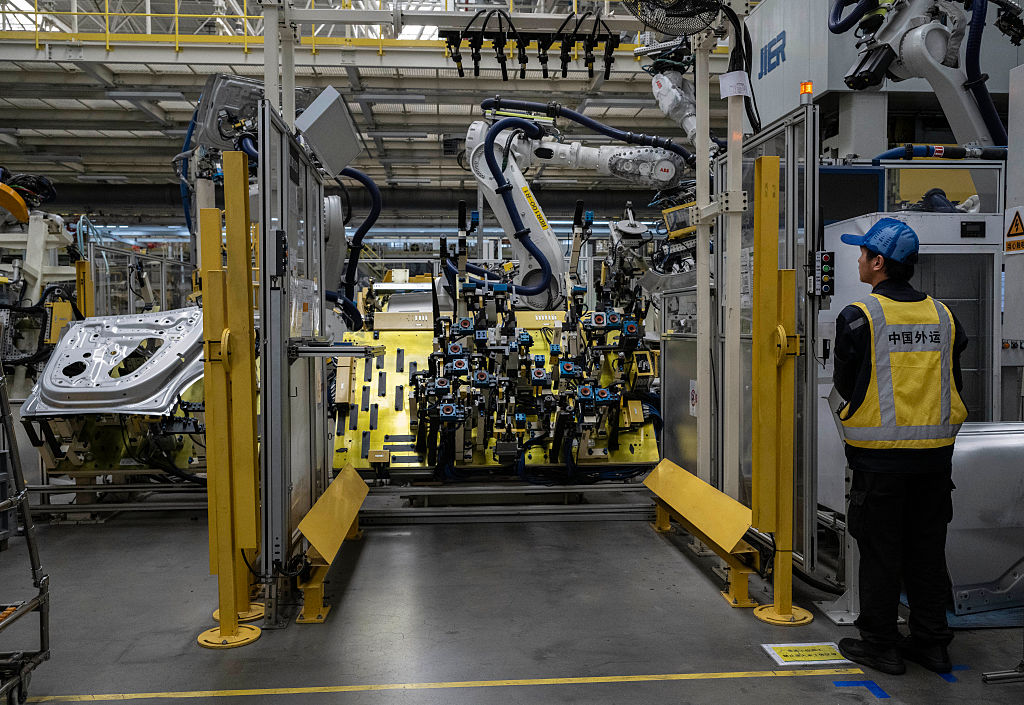The Iberian peninsula is burning—again. Again, we’re told – piously, mechanically, by politicians and journalists alike—that climate change is the culprit. The official narrative, of course, is that a world two degrees hotter produces a peninsula two degrees drier, and therefore, inevitably, that vast forest fires are the consequence. Inasmuch as it exonerates the political class from responsibility, the claim is convenient. It is a story that places blame nowhere in particular, it erases accountability. But it’s false. Heat alone does not devour entire provinces. Fire is natural, yes, but catastrophe is political. Iberia in 2025 burns not because the sun is cruel but because its leaders are weak, corrupt, and astonishingly reckless.
Consider Spain. Since 2009, prevention budgets have been cut by half. In a country where the rhythm of the seasons has always been clear—where the dry months are predictable, where villagers for centuries knew to clear brush and maintain firebreaks—the state chose to dismantle the very infrastructure of safety. Firefighting brigades hollowed out. Forest roads were left impassable. Maps of fire risk, meanwhile, have in many cases been left untouched since the 1990s, irrelevant to the present, but endlessly cited in useless reports. It gets worse when one considers the degree of waste to which recent Spanish governments have sunk. On June 11th, a damning report authored by the European Council of Auditors revealed, among other calamitous failures, how many of the contracts awarded by the Spanish government and regions to state-owned corporation Tragsa for the prevention of fires were overlapping, and thus utterly inefficient. Yet, the investment made by Spanish taxpayers was vast, between 2021 and 2022 alone, contracts worth €248 million were signed, most of them useless.
Portugal’s tragedy is darker still. The disaster of Pedrógão Grande in 2017, where 65 people (and entire families) were incinerated on the roads, should have been a lesson engraved in steel for politicians of all parties. Instead, then Prime Minister António Costa’s government drew the opposite conclusion. It “restructured” firefighting into incoherence. Chains of command sunk into chaos. Civil protection clashed with local fire brigades. Orders contradicting one another became the new reality. And when the great fires came in 2025, Portugal discovered that it had created a system in which responsibility was everywhere and, therefore, nowhere. Government communications, for internal and public use, were so obsolete and chaotic that firefighters were getting information from fogos.pt, a platform created by private volunteers. While Lisbon congratulated itself on “modernisation,” the countryside went up like a funeral pyre.
An alarming disdain for prevention is another side of the issue. Prevention—keeping forests tidy, managed, and watched, repopulating the countryside, using data-driven risk assessment to predict fire behaviour and properly allocate resources—is vastly more effective than reacting to fires once they’ve ignited. Alas, it is also not as electorally sexy as cutting the red ribbon to a new fleet of firefighting helicopters. In Spain, the firefighting budget is double that allocated to fire prevention; in Portugal, the government—now led by Costa’s successor, the centre-right Luís Montenegro—only finally approved a specific programme to invest in fire prevention in August, as the fires were raging across the country. The initiative, called Plano de Intervenção para a Floresta 2025-2050, will pour some €260 million annually to forest management and fire prevention. It’s better than nothing, but comes late to those who already lost their homes and, worse still, to those who lost their lives.
But worse than budgets and worse than bureaucracy is the landscape itself. Portugal, in particular, has been surrendered to the eucalyptus and the pine, cheap invaders planted for pulp and easy profit. Fast-growing, fast-burning, the green deserts, as they are rightly called, stretch from Galicia into the centre of Portugal. Gone are the mixed forests that held the soil, stored water, and resisted flame—the oaks, the chestnuts, the cork trees that were always a central element of the Iberian landscape and identity. They were torn out and replaced by a plantation that pays well on the balance sheet and then explodes in fire every August. Sánchez did not plant them, nor did Costa, but both served the lobbies that demanded their spread. It was deliberate, profitable and suicidal.
This year’s disaster didn’t come out of nowhere. It certainly didn’t come from global warming alone. The consequences are bitter. Nearly 600,000 hectares consumed—an area larger than some European countries, León and Galicia reduced to embers, the whole of central Portugal choked with smoke. Villages, already emptied by emigration, abandoned entirely as the fires closed in. To call these disasters “natural” is dishonest. To call them “inevitable” is obscene. They are neither. They are crimes of omission and neglect. They are Sánchez’s and Costa’s fires.
And it is not only land that is lost. With every forest goes memory. Shepherds and farmers, parishes and fiestas, a stubborn continuity of life on the edge of Europe. These fires accelerate the erasure. An abandoned hamlet cannot truly be rebuilt; a burned church from the 17th century cannot be replaced by whatever is later built over its smouldering ruins. Every hectare burned is another acre of national memory forever erased.
The Iberian fires of 2025 are not a natural disaster but an indictment, written in smoke and ash across an entire peninsula. An indictment of Sánchez, of Costa, of Montenegro; indeed, of the whole culture of cowardice that governs both Madrid and Lisbon. Here, too, genuine solutions will require a new political culture. And you can only have a new political culture with new politicians.





Hungary is right: Ukraine should not join the EU